Waheeda Rehman

- Born: 3 February, 1938 (Chengalpattu, Madras Presidency)
- Parents: Mohammed Abdur Rehman, Mumtaz Begum
- Spouse: Kamaljeet
- Children: Sohail, Kashvi
Waheeda Rehman’s tilted face with a soft smile lip-syncing to Jane kya tune kahi in Pyaasa (1957) binds the protagonist and audience alike into her mystique and charm in the first leg of her acting career.
She was born on 3 February, 1938 in Chengalpattu, Madras Presidency to Mohammed Abdur Rehman and Mumtaz Begum. She was trained in Bharatanatyam, which was suggested by her mother in order to help her deal with her asthma condition better. Despite her orthodox relatives’ disappointment at this decision, her parents were very supportive. At the early age of 10, her dance teacher broke down the essence of the dance set she was about to learn - Krishna and Radha’s tale of love, even before teaching her the first mudra. Rehman credits this training in emoting love to the range of expressions she conveyed even in the early stage of her acting career. As a child, she dreamt of being a doctor but due to her father’s unfortunate death, life took a different course where she had to abandon those dreams.
Rehman first appeared on screen in a dance number for the Telugu film Rojulu Marayi (1955) which starred A N Rao and Sowcar Janaki. The success of the film led to several offers for her in the South Indian film industries, like the Tamil remake of Kaalam Mari Pochu (1956). She acted in Jayasimha (1955) opposite the legendary N T Rama Rao and M G Ramachandra in the historic first coloured feature length Tamil film Alibabavum 40 Thirudargalum (1956).
As it happened, while Guru Dutt was in Hyderabad, scouting for new faces and talents, he spotted Waheeda and offered her a minor role in his upcoming project CID (1956). Waheeda Rehman along with her mother made the trip to Bombay and met with Raj Khosla who was directing the film. Despite a nudge from the director to change her name for a more marketable one, a young Waheeda Rehman stood her ground and made sure to embark on this journey with her real name. The other condition - she would only wear costumes that she felt comfortable in - was laid down and agreed upon by both the parties.
She played a femme fatale who worked for the villain and was made to lure the hero into a trap alongside Dev Anand in CID. At the tender age of 17, she recalls a midnight shoot at Churchgate Station where she was particularly sleepy and naively asked why the shoot couldn’t happen in the morning hours. To that, Dev Anand explained the obstacles of shooting in a public space with commuters on their respective way. The duo made a successful pair in several other Hindi films such as Solva Saal (1958), Kala Baazar (1960), Roop Ki Rani Chorro Ka Ghulam (1961), Baat Ek Raat Ki (1962) and Guide (1965).
One of the most popular collaborators with Waheeda Rehman was Guru Dutt, who played a pivotal role in her career and life. Pyaasa starring the duo, and directed by Dutt is considered a Hindi film classic.
A behind-the-scene trivia about the popular song Jane kya tune kahi that captures the meeting of Dutt and Rehman’s characters, was shot at night in a Calcutta by-lane and Rehman could barely keep herself awake during the shoot. In such circumstances, her training as a dancer came handy when she had to emote.
The Muslim social starring the duo, Chaudhvin Ka Chand (1960) was highly successful with the title track by the same name illustrating her beauty gloriously in the song. In an episode of Simi Garewal’s talk show, Rehman confessed to never feeling like the beauty the industry claimed her to be, except when she saw herself in the song.
Rehman’s performance alongside Kaagaz Ke Phool (1959) is highly acclaimed by film critics and cinephiles alike. The film is supposedly autobiographical to Dutt’s own life. According to the rumour mill, Dutt was allegedly romantically involved with Waheeda Rehman and the film has a similar story line. Rehman also lost her mother during the same time, and during the shooting of a heated scene with Baby Naaz, Rehman broke down as she speaks through her character of feeling alone and helpless. The shoot was paused and she was asked by Dutt to rest and rejuvenate before joining the sets the next day.
Rehman was at the peak of her career during Guide where she plays another unconventional role for a lead actress of that time. Rosie, her character, leaves an unhappy marriage, follows her heart, falls in love with Dev Anand’s character, and pursues a career as a dancer. The film brought her much fame and critical acclaim. She also won her first Filmfare Best Actress award for Guide.
In 1962, she worked with the revered filmmaker Satyajit Ray on Abhijan. She also took the liberty to experiment with roles and genres in films such as Bees Saal Baad (1962), Baat Ek Raat Ki (1962), Ek Dil Sau Afsane (1963), Kohraa (1964) and Khamoshi (1969). In the late 60s and early 70s, she worked in Teesri Kasam (1966) (which received the National Award for Best Feature film), Neel Kamal (1968), Reshma Aur Shera (1971) –the film that earned a National Award for her performance, amongst others. She also received the Filmfare Award for Best Actress for her performance in Neel Kamal.
In 1973, she accepted the role of mother to Jaya Bhaduri’s character in Phagun which was an indication of the gradual transition in her career as a character actor. She played a significant role in her later films such as Trishul (1978), Namkeen (1982), Mashaal (1984), Chandni (1989) and Lamhe (1991). Her performances were appreciated and she received several Filmfare nominations for supporting actress too.
After a long hiatus, she made her entry back to the film world where she played the role of a mother/grandmother in films such as Om Jai Jagdish (2002), Water (2005), and Dilli 6 (2012).
Her filmography also boasts of a couple of other Bengali films apart from Abhijan such as Jiban Jerakam (1979), 15 Park Avenue (2005), and Arshinagar (2015).
She was bestowed with the honours of a Padma Shri in 1972 and a Padma Bhushan in 2011.
On the personal front, Rehman tied the knot in 1974 with Shashi Rekhi, who went by the name of Kamaljeet and acted opposite her in Shagoon (1964). They have two sons Sohail and Kashvi who are pursuing their careers as writers in the industry. After the demise of her husband in 2000, she relocated to Mumbai.
She has been closely associated with the NGO Pratham and Rang De. The former strives to provide education to slum children and the latter organisation’s endeavour is to work for the financially disadvantaged.
She had a close association with Sunil Dutt and Nargis as she acted opposite Dutt in Mujhe Jeene Do (1963), Meri Bhabhi (1969) and Reshma Aur Shera. She was very close friends with veteran actress Nanda. In 2014, filmmaker and author Nasreen Munni Kabir published a biographical book called Conversations With Waheeda Rehman.
Presently, Waheeda Rehman indulges her love for photography and especially enjoys wildlife photography.
-
Filmography (68)
SortRole
-
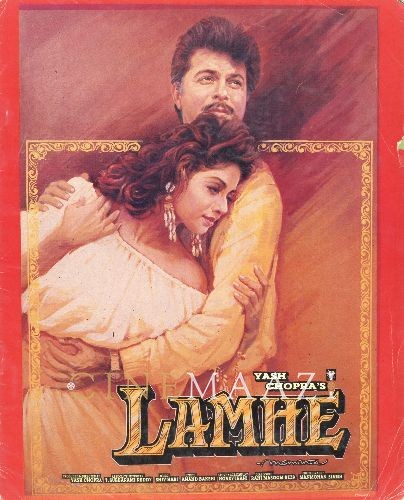
Lamhe 1991
-
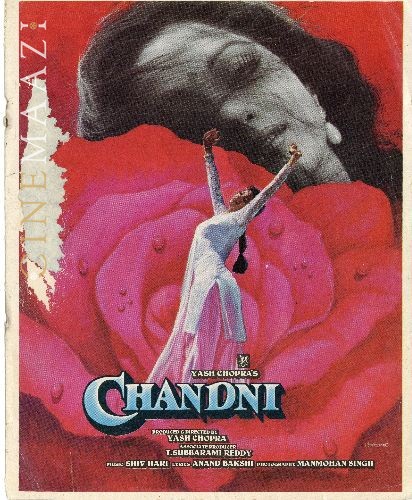
Chandni 1989
-

Allah Rakha 1986
-
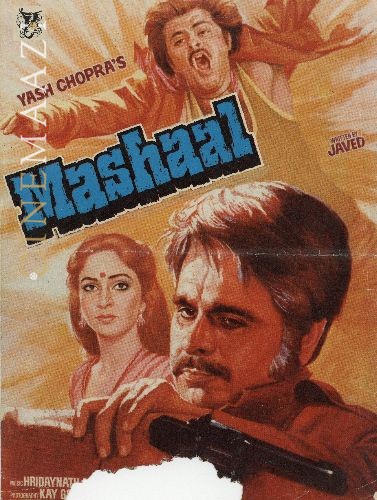
Mashaal 1984
-

Coolie 1983
-

Ghungroo 1983
-
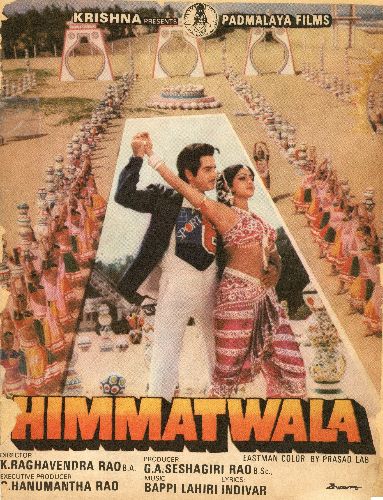
Himmatwala 1983
-

Pyaassi Ankhen 1983
-
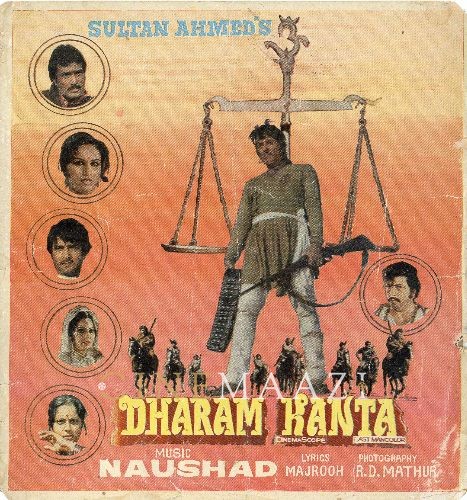
Dharam Kanta 1982
-
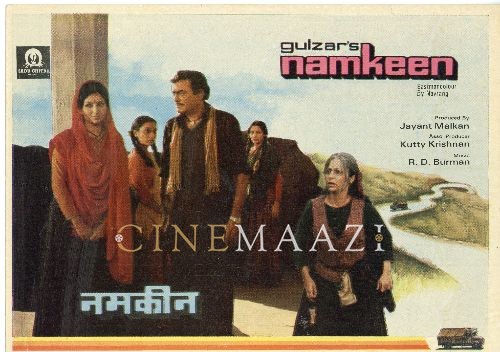
Namkeen 1982
-
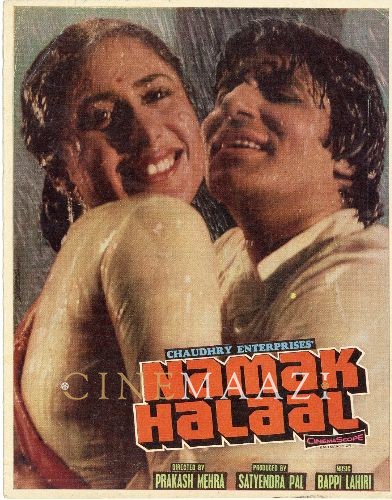
Namak Halaal 1982
-
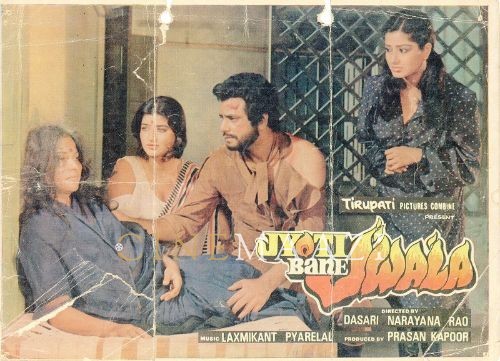
Jyoti Bane Jwala 1980
-




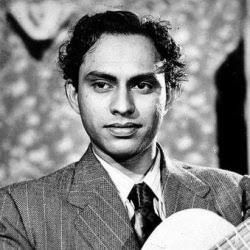



.jpg)


